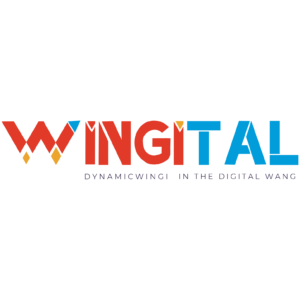Artificial Intelligence (AI) is no longer a concept restricted to science fiction and futuristic predictions. It’s a tangible reality, transforming numerous aspects of our lives. This powerful technology is growing at an unprecedented pace, altering how we live, work, and interact. Let’s take a deep dive into the world of AI, exploring its recent advancements, potential future, and the profound impact it’s making on our society.
AI technology has been a subject of research and development for decades. Its evolution can be traced back to the mid-20th century, with the establishment of the field of AI research at the Dartmouth Conference in 1956. However, it wasn’t until the 21st century that AI began to move from laboratories into our everyday lives.
AI’s evolution can be categorized into three significant stages:
1. Rule-based Systems: The earliest AI systems were primarily rule-based, requiring human programmers to set explicit instructions.
2. Machine Learning: With the advent of machine learning, AI systems began to ‘learn’ and improve their performance based on experience, without being explicitly programmed.
3. Deep Learning and Neural Networks: The most recent advancements involve creating AI systems capable of mimicking the human brain’s neural networks, thus enabling more complex problem-solving and decision-making abilities.
AI’s impact on society and various industries has been transformative and wide-ranging. Here are a few notable examples:
– Healthcare: AI is revolutionizing healthcare, aiding in early disease detection, accurate diagnosis, personalized treatment, and efficient drug discovery.
– Automotive Industry: Self-driving cars and AI-powered safety systems are becoming increasingly prevalent, promising safer and more efficient transport.
- Finance: AI algorithms are being employed for predictive analysis, fraud detection, and personalized banking services.
– Retail: AI is reshaping retail with intelligent product recommendations, automated customer service, and advanced supply chain management.
Looking to the future, AI technology holds immense potential. It’s expected to further augment human intelligence, automate tedious tasks, and enable new forms of communication. However, it’s not without its challenges. Issues surrounding data privacy, job displacement, and the ethical implications of AI decisions must be addressed.
| Opportunities | Challenges |
|---|---|
| Automation of mundane tasks | Data privacy concerns |
| Improved healthcare | Job displacement |
| Efficient energy usage | Ethical dilemmas |
AI technology is indeed an unstoppable force shaping our future. As we continue to unlock its potential, it’s crucial to address the challenges it presents. By doing so, we can ensure that AI technology serves as a tool that enhances human life, rather than a threat.
*Note: This article is intended to be informative and does not constitute professional advice or endorsement of specific AI technologies or companies.*





